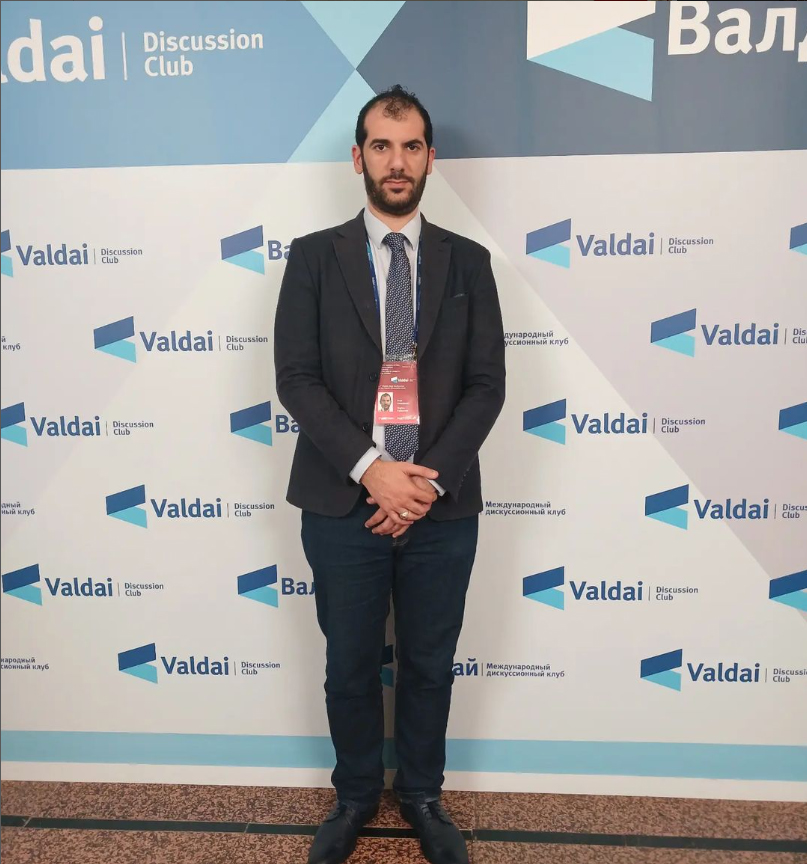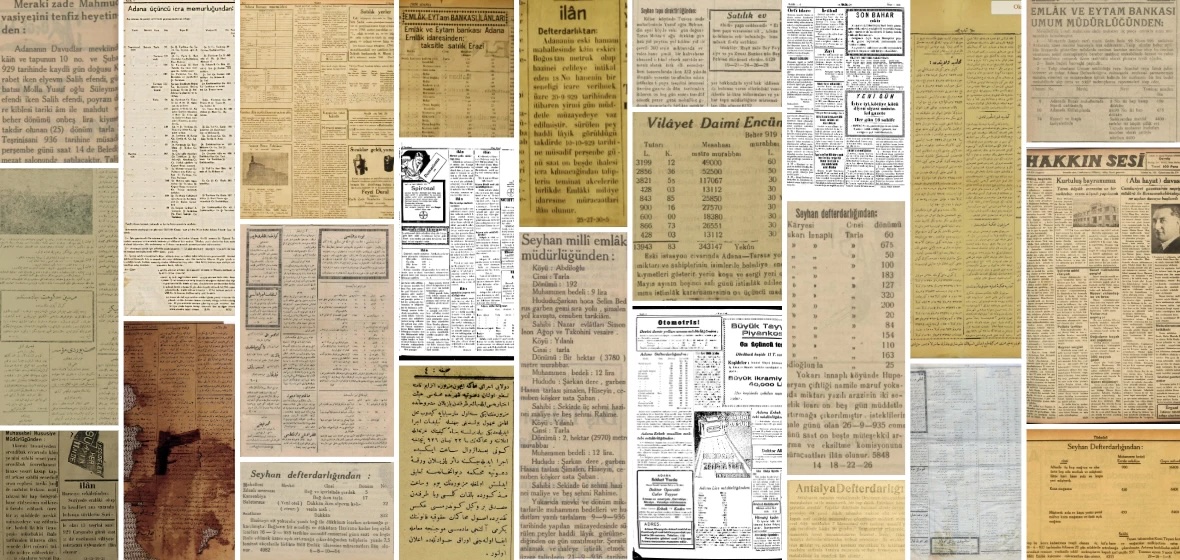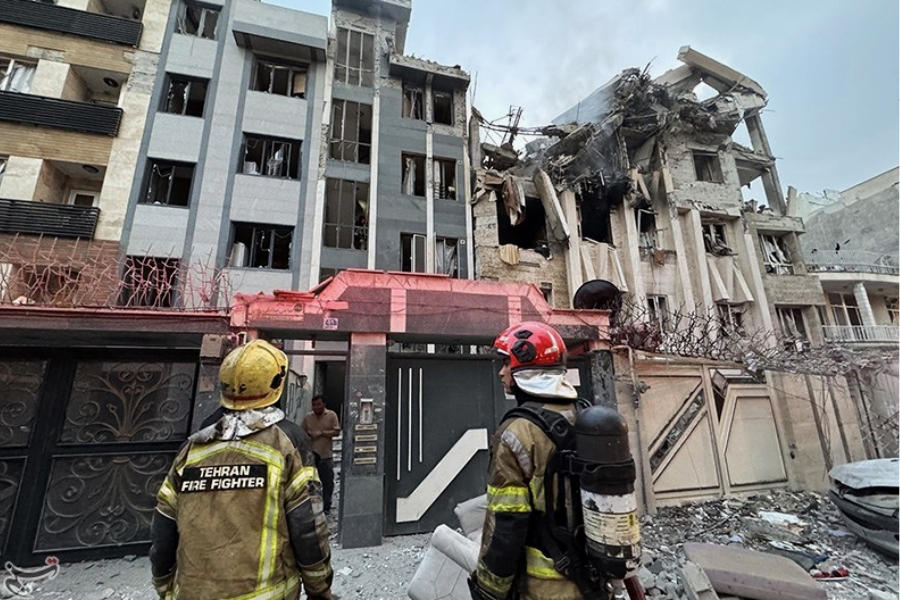Armenia must not ignore developments in the Middle East

From February 13-14, 2024, I was invited to Moscow to attend the 13th Middle East Conference of the Valdai Discussion Club and the Institute of Oriental Studies at the Russian Academy of Sciences titled “Time for Decisive Action: A Comprehensive Settlement for the Sake of Stability in the Region.” At the conference, the Valdai Club presented a new report titled “Gaza. Yemen. Epicenters of Pain. Feelings, Myths and Memory in the Middle East.”
The event assembled more than 50 participants from 16 countries, mainly Russia, Turkey, Iran and Arab countries. During the conference, Russia’s Foreign Minister Sergei Lavrov gave a speech. Russian diplomat and Special Presidential Representative on the Middle East Mikhail Bogdanov, as well as various Russian experts and officials, were also in attendance. I participated in the “Economic Cooperation in the Region: Opportunities and Challenges” session, giving a talk on regional economic corridors, interconnectivity and bilateral ties between Russia and main regional actors.
Beyond academic networking, the conference allowed participants to assess the scale of the ongoing political and economic developments in the region, discuss the ongoing war in Gaza, analyze the current challenges facing Russia and the Middle East and identify directions and recommendations for further bilateral cooperation. As a Lebanese-Armenian participant, it was interesting to view the developments from a wider perspective and connect the dots to assess the impact of regional events on the South Caucasus. In this aspect, it was important to analyze the dynamics of Russian-Turkish relations, Iran’s motives in the region and the developments in and around Gaza.

Positive interaction with Turkey is crucial for Russia to address its objectives in the region. Taha Ozhan, research director of the Ankara Institute, and Pavel Shlykov from the Department of History of the Near and Middle East at the Lomonosov Moscow State University have published excellent papers at Valdai reflecting on the complex relationship between Russia and Turkey. Ozhan and Shlykov argue that there is a personal character to the countries’ relationship, and personal interactions between Presidents Putin and Erdogan, their flexibility and compartmentalization of conflicts are facilitating strong and smooth progress in developing bilateral ties.
“Turkey finds itself in a geographically challenging region, affected not only by global geopolitical tensions but also by heightened levels of regional instability,” Ozhan wrote. Amid the ongoing crisis in Syria, sanctions on Iran, the risk of escalation of a proxy war between Iran and Israel and the spread of insecurity around the Eastern Mediterranean, the war in Ukraine has heightened security risks and geopolitical vulnerabilities in the Black Sea region. Hence, managing security risks is imperative for Turkey, and its “exceptional relationship with Russia has allowed it to preserve both its interests and relations with Moscow since the early days of the war.”
Shlykov argued that Turkey, a NATO member and once pro-Western country, is now posturing itself as an independent and pro-active player in the region. “Despite all the pragmatism and foresight of the diplomatic tactics of the Turkish leadership in terms of increasing Ankara’s role in the Middle East, Turkey still has a number of limitations that have prevented it from acting as a force that completely determines the regional order,” Shlykov wrote. Limitations include Turkey’s complicated relationship with Syria, Gulf countries and Egypt and its balancing stance on the Israeli-Palestinian conflict. The Russian expert concluded that Turkey is becoming another player that amplifies multipolarity in the Middle East.
Conference discussions also touched on how Iran is a key important player in the region. With key partners and non-state actors such as Hezbollah and pro-Iran Iraqi militias, Iran is aiming to expel U.S. troops from Iraq and Syria. This would not be an easy task for Iran, but growing pressure on the U.S. and intensified attacks on U.S. military bases in these countries may impact the views and positions of the U.S. presidential candidates this autumn. Former president and Republican presidential candidate Donald Trump had hinted at his intention to withdraw U.S. troops from North-Eastern Syria, thus exposing the vulnerability of the Kurds and leaving them to the mercy of Ankara-Moscow-Tehran-Damascus. Having control over North-Eastern Syria, Russia would increase its advantage over regional stakeholders active in Syria and gain access to energy resources located in the region.
Finally, discussions also assessed how developments in Gaza may threaten the fragile security in the Middle East. The destruction unleashed by the Israeli war machine on civilians in Gaza can further destabilize the region, and the fire may spread to South Lebanon. The Israeli-Lebanese border has already turned into a war zone amid the cross-border clashes and bombings between Israel and Hezbollah. Meanwhile, the unwillingness of Netanyahu’s government to agree on a ceasefire may not only prolong but also expand the war. From my view, to deter Iran, Israel may push to drag Iran into a wider war, with the Iranian-Azerbaijani or Armenian-Azerbaijani borders becoming hotspots. Israel has been aiming for this objective for a long time, as its Foreign Minister in March 2023 announced that Israel and Azerbaijan are building a “united front” against Iran.
Understanding these developments, I argue that the South Caucasus will be the epicenter of any political or economic friction between Russia and the Middle East. The region, located along the International North-South Transport Corridor, is the most feasible gateway to connect Russia to the Middle East. Russia’s increasing economic and political interaction and involvement in the Middle East will further enhance its dependency on Azerbaijan, due to its bridging location, and Turkey, its partner in addressing upheavals in the Arab region. These two factors may push Russia to pressure Armenia to agree on the implementation of article nine of the November 10, 2020, trilateral statement on unblocking economic and transport communications in the region and deploying Russian border guards to control the transit road connecting Azerbaijan to its Nakhichevan exclave. By doing so, Russia assumes it would increase its leverage on the main actors in the region that will use the transit route connecting Europe to China. The main actor within this context is Turkey, which aims to use the shortest route (compared to the Azerbaijan-Georgia-Turkey route) to trade with the Central Asian republics and beyond.
Big powers play chess, and small countries with limited resources fight for survival.
Regional actors look to the Turkish-Azerbaijani-backed “Zangezur Corridor” as the backbone of the “Middle Corridor,” which the EU and Turkey are investing in, aiming to bypass Russia and connect with China. By controlling the trade routes between Azerbaijan and Nakhichevan in Armenia’s Syunik region, Russia would consolidate its geo-economic and geopolitical position in the South Caucasus, despite the loss of Artsakh/Nagorno-Karabakh and Armenia’s attempt to diversify its foreign policy and security relations and distance itself from Russia. To achieve this objective, Moscow needs Ankara and Baku’s help to increase political and military pressure on Yerevan.
From Armenia’s side, it is important to acknowledge, given the war in Gaza and post-Artsakh war developments, that it would be dangerous to detach the country from its geography. This is a basic understanding of geopolitics. Big powers play chess, and small countries with limited resources fight for survival. Hence, antagonizing Russia, a country involved in a war, to please the West is not in Armenia’s interests. The historical memory of 1920 and the recent developments around Artsakh are clear examples. Armenia should make sure that diversifying its security relations does not mean detaching itself from its neighborhood and traditional partners. Instead, Armenia can play a bridging role between both regions. For this purpose, a strategic dialogue is needed between Armenia and Russia to address the concerns of both partners, far from media gossip and public scandals.









